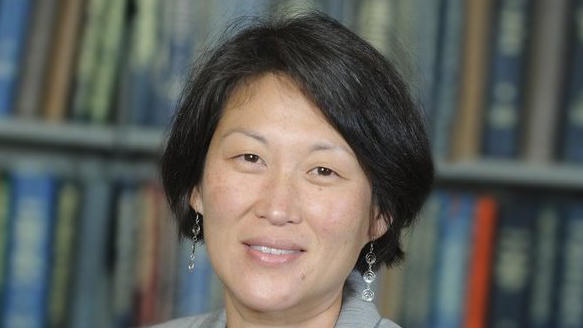
Kandice Chuh
Kandice Chuh joined the CUNY Graduate Center in 2010 as a professor in the PhD program in English, and as a core member of the Mellon Committee on Globalization and Social Change. She is now also a member of the faculties of the American Studies Certificate Program and the M.A. in Liberal Studies. With Duncan Faherty (Assoc. Prof, Queens/GC, English) and Eric Lott (GC, English), Chuh is responsible for the Revolutionizing American Studies Initiative launched at the Graduate Center in spring 2011. From 1996-2010, she was a faculty member in the English Department at the University of Maryland, College Park, where she was affiliated to the American Studies Department and the Asian American Studies Program and was recognized for teaching and mentoring excellence. The author of Imagine Otherwise: on Asian Americanist Critique (2003), which won the American Studies Association’s Lora Romero Book Award, Chuh is the co-editor, with Karen Shimakawa, of Orientations: Mapping Studies in the Asian Diaspora (2001), and has published in such venues as Public Culture, American Literary History, and the Journal of Asian American Studies. She is completing a book titled The Difference Aesthetics Makes: On the Humanities ‘After Man’. Chuh is also the manager of the University Beyond Crisis project, on which she is collaborating with colleagues located at public universities across the U.S. as well as within the Graduate Center. She is broadly interested in the relationship between intellectual work and the political sphere; disciplinarity and difference; and U.S. culture and politics as matrices of power and knowledge.